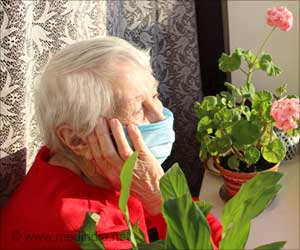says Professor Ahmed Musa, of IEND, University of Khartoum and a leading scientist on the epidemiology of VL in the East African region.
‘Limited evidence on drug safety and efficacy on Visceral Leishmaniasis (VL) in pregnant women is found to be associated with delayed and ineffective therapeutic choices. However, a recent review suggests that liposomal amphotericin B (L-AmB) may be regarded as the preferred treatment for VL during pregnancy.’
Evidence on Visceral Leishmaniasis
The present review brings together scattered observations of VL in pregnant women in the clinical literature and highlights that the disease in pregnancy is under-reported and under-studied.
The findings also suggest that liposomal amphotericin B (L-AmB) is to be regarded as the preferred treatment for VL during pregnancy.
Earlier, the clinicians had to rely on personal experience or limited published case reports to make an effective therapeutic choice for VL. This led to delays in treatment and additional risks.
“This is the most comprehensive review of visceral leishmaniasis in pregnant women and vertical transmission of leishmaniasis to date. Despite the limitations and paucity of data, this review confirms that liposomal amphotericin B is the safest treatment option for pregnant women, and it is critical to ensure access to L-AmB as a treatment of choice for this patient population. Prospectively, a pregnancy registry to systematically record data on pregnant women treated for visceral leishmaniasis should be promoted,” says one of the paper’s authors Dr. Fabiana Alves, Head of Visceral Leishmaniasis Disease at Drugs for Neglected Diseases initiative (DNDi).
The study thereby lays the ground for better understanding of the treatment of VL in pregnancy and depicts how severe the impact of VL is on pregnant women especially in low-income settings.
Source: Medindia



